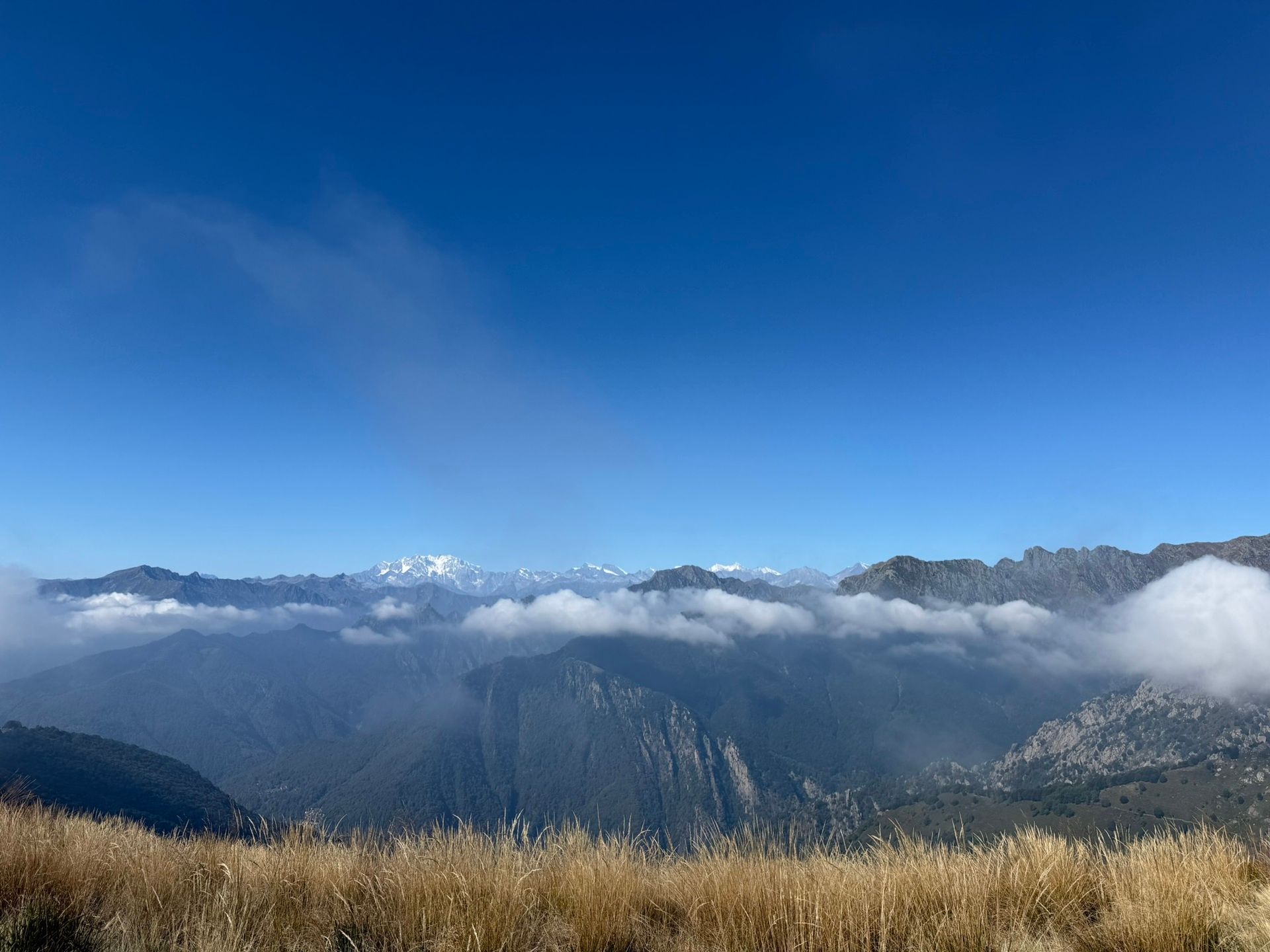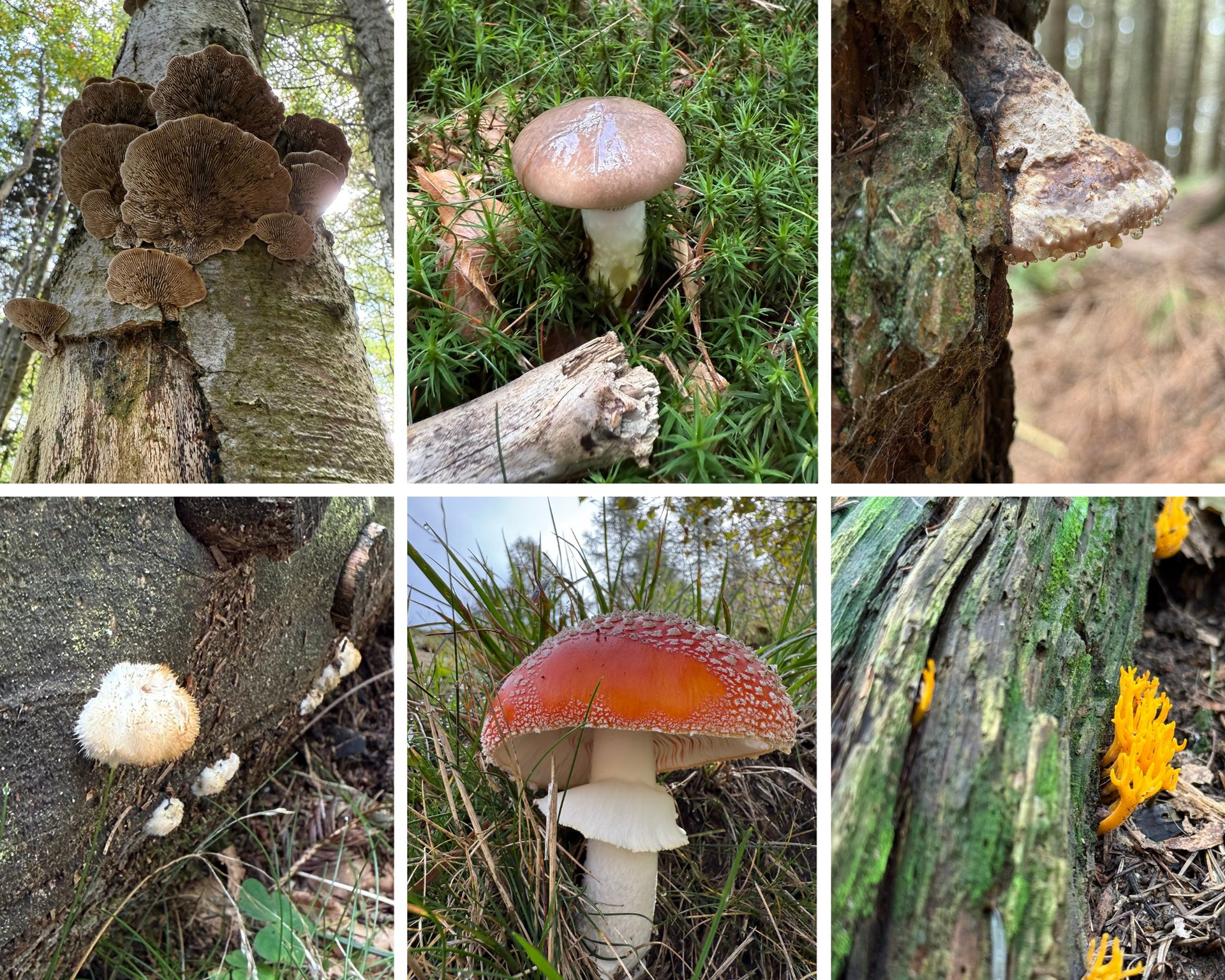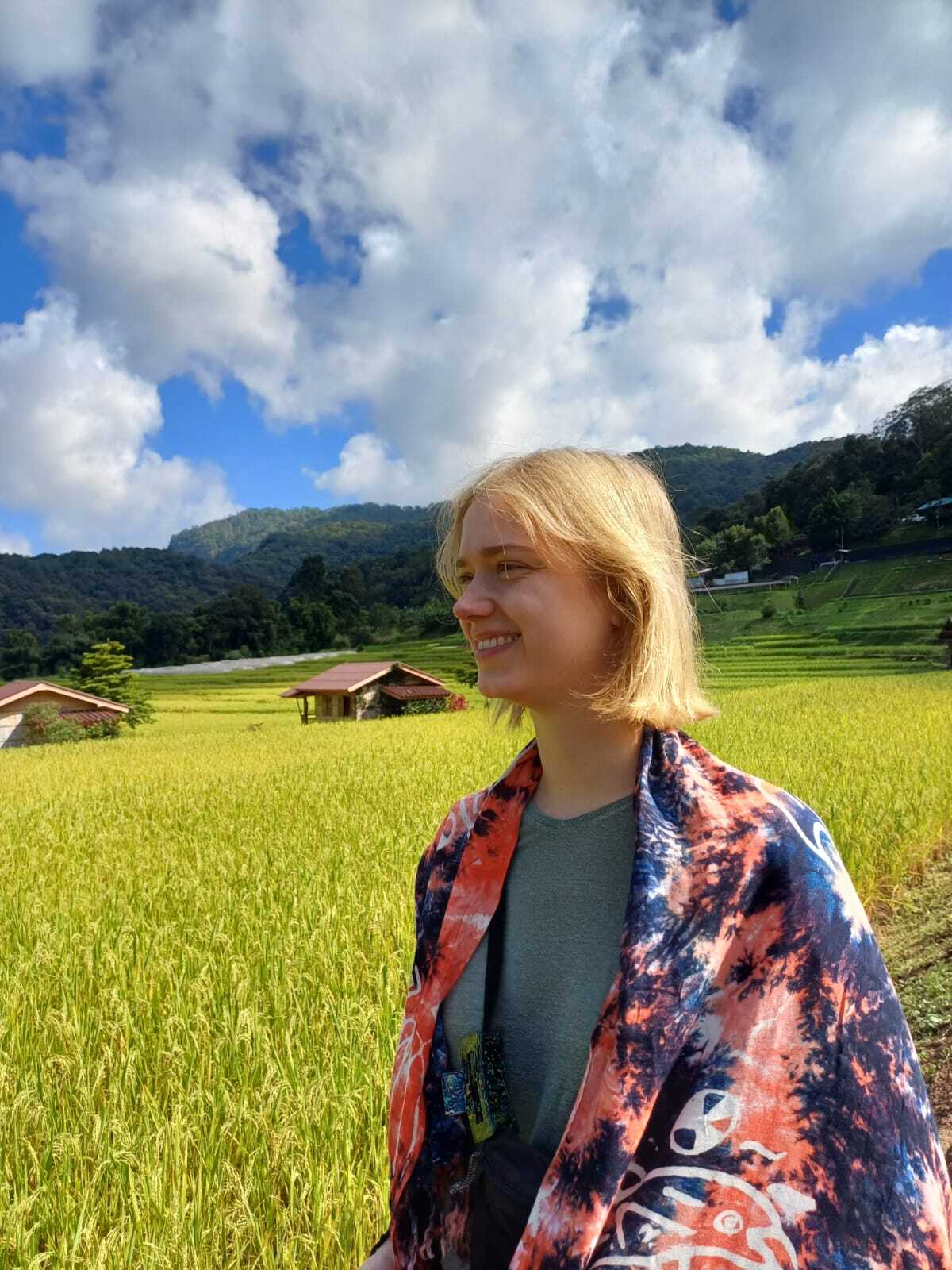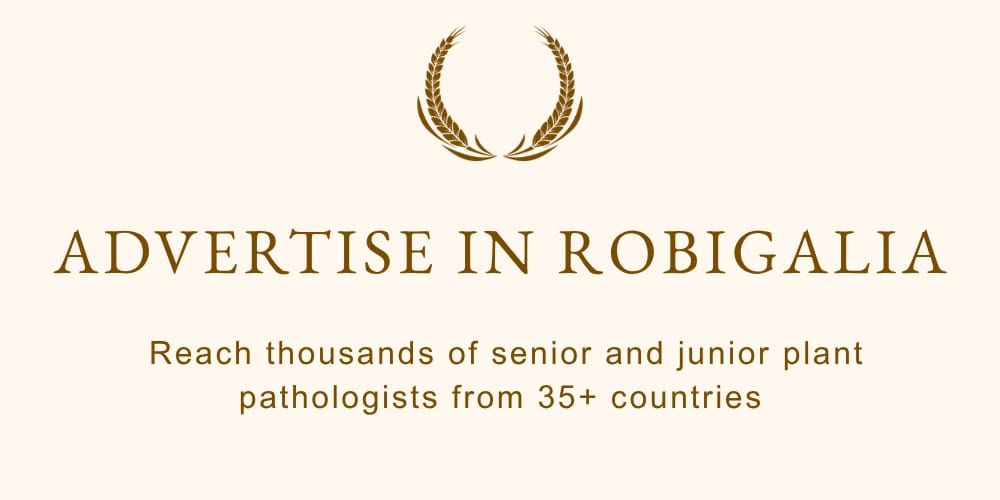Welcome to another edition of the Robigalia Roundup!
If you’re new here, Robigalia is your weekly roundup of the latest research, researchers, scholarships, and opportunities in plant pathology globally. Make sure you’re a subscriber to have these opportunities and events delivered directly to your inbox every Monday.

NOTES FROM THE HOST
Hello {{first_name | Robigalia readers}},
Last week, I promised some fungi updates from our hike through the Val Grande National Park in this week’s edition.
Before I get into that, I have some exciting news to share.
In the recent feedback survey, you told me that you would like to hear from pathologists at various career stages, not just students. With this in mind, recorded Robigalia interviews have officially kicked off!
On Friday night, I had the opportunity to interview a plant pathologist from Spain who recently launched his own company providing diagnostic and other pathology services. You can expect to see this interview very soon, and I also have several more lined up already.
Don’t worry, this will not replace the Research Student of the Week section. Instead, you will receive an additional email from me with summaries of these recorded interviews and links to the videos when they become available.
Now, as promised, here are some highlights from Val Grande National Park!

We chose to hike the Pian Cavallone Refuge via Cappella Fina. This 11 km track is located in the upper Lake Maggiore area, with the route passing through woodlands and offering views of the Val Grande mountains, the hillside of Val Pogallo, and Lake Maggiore.

Going in autumn, we were treated to some incredible fungi along the trail. A highlight was seeing the beautiful, bright red Amanita muscaria, which we learned is usually an indicator of the edible Boletus edulis (porcini) growing nearby.
I couldn’t successfully identify all of the fungi we saw, so if you’re on iNaturalist and have some knowledge of fungi, I would love some help with the IDs.
Now, onto this week’s edition:
I share some recent publications on fungal pathogens
I introduce a PhD student at Ghent University
I list several new PhD scholarships, jobs, and an upcoming event
Let’s dive in!

RESEARCH HIGHLIGHTS
Progress on fungi
Yukiyo Sato et al.,* Starship giant transposons dominate plastic genomic regions in a fungal plant pathogen and drive virulence evolution
Shihomi Uzuhashi et al., Taxonomic identity of two rust fungi, Uromyces durus and Puccinia allii, parasitizing Allium spp.
Emily Mae Locke-Paddon et al., Host Resistance Screening of Baby Kale Against Downy Mildew Isolates Across the Central Coast of California
*co-authored by this week’s Research Student of the Week

RESEARCH STUDENT OF THE WEEK
Meet Roos Bex
This week, I’m excited to introduce Roos Bex, a PhD student at Ghent University.
From a young age, Roos was inspired by nature, leading her to pursue a degree in bioscience engineering. Through various courses covering different aspects of science, she found herself most drawn to plant sciences and biotechnology.
Following an internship at the Department of Plant and Crops at Ghent University, where she researched biological control methods using the ant species Crematogaster scutellaris. She went on to complete a Master’s on the vascular plant pathogen Verticillium dahliae and its infection in pepper. Encouraged by her professors, she decided to continue this research journey with a PhD.

Now in her PhD at Ghent University, Roos’ current project investigates how V. dahliae survives in the xylem and how it acquires nutrients in this nutrient-deficient space.
Combining plant experiments with molecular and ecological approaches, she aims to understand how xylem pathogens persist and thrive. This involves measuring changes in metabolites in the xylem sap and analysing gene expression patterns in both the plant and the pathogen. Roos is also studying the role of key genes involved in nutrient acquisition by utilising CRISPR-Cas9 to create V. dahliae mutants.
Ultimately, Roos hopes that her research will deepen our understanding of these fascinating pathogens and, in turn, contribute to the field of plant pathology. Beyond her PhD, she is excited to pursue postdoc opportunities to continue contributing to plant pathology research.
The best discoveries often start with simple curiosity
A fun fact about Roos, before diving into plant pathology, she kept a herbarium and loved identifying plants. Little did she know that years later, she would be just as fascinated by the pathogens infecting them!
Her advice for other plant pathology students: “Never stop asking why - the best discoveries often start with simple curiosity”.
You can connect with Roos on LinkedIn to find out more about her research.

OPPORTUNITIES AND EVENTS
New plant pathology opportunities are listed below. For the full list of live opportunities and events, head to my Opportunities and Events Board using the buttons below.
New PhD/Master’s Scholarships
PhD scholarship, Enhancing grower engagement in preparedness activities, James Cook University, EOI closes 20th October
PhD scholarship, Efficacy of eDNA as a surveillance tool for Northern Australia, University of Canberra (flexible locations), EOI closes 20th October
PhD scholarship, Mathematical Modelling of Plant Disease in Diverse Communities, Wageningen University, closes 20th October
New Jobs
Postdoctoral Research Fellow in Microbial Ecology and Crop Disease Management, Western Sydney University, Closes 12th November
Plant Pathology Technology Intern, Coterva, Iowa United States, No close date listed
New Events
Plant Biology 2026, 18th - 26th July 2026, Ottawa, Canada
Other
The Italian Association for Plant Protection (AIPP) and Giornate Fitopatologiche (GF) are announcing a public selection process to award three €1,000 prizes for the best doctoral theses in the field of sustainable crop protection.

MEME OF THE WEEK

THAT’S A WRAP
Before you go: here are 3 ways we can help each other
1) List a scholarship, job, or event in Robigalia — We help you advertise your opportunity or event to a global network of plant pathologists for free.
2) Book a Robigalia coaching call — Whether it’s career advice, assistance with an application or general advice, you can check my schedule to book in some time with me.
3) Support Robigalia - Support the ongoing production and distribution of the Robigalia newsletter through Patreon.
See you next Monday
How did you like today's newsletter?
P.S. Why Robigalia? The name originates from the Ancient Roman festival dedicated to crop protection. You can read all about the history here:
